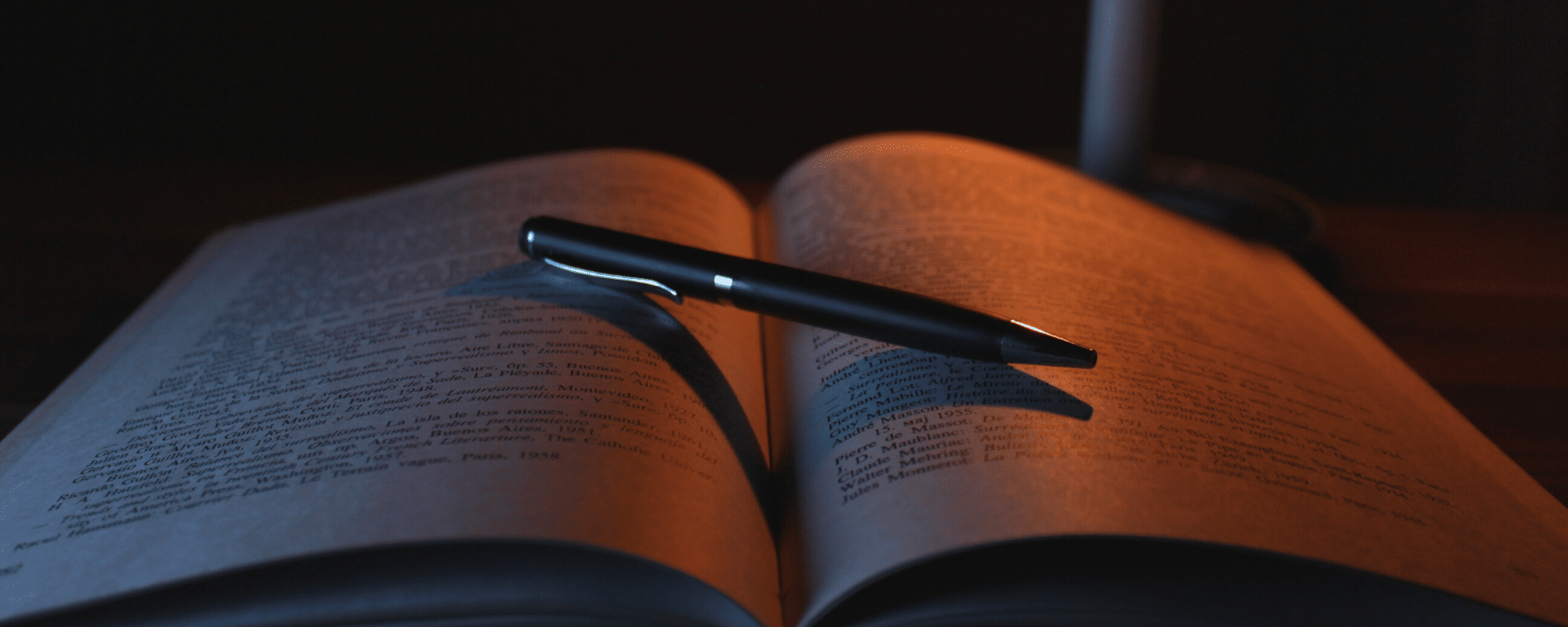The secret to high performance – Reflective practice
This is our position stand on reflective practice following the recent publication by Cropley et al., 2023
What is your idea of reflective practice?
Brendan Cropley et al., 2023 proposes that it is “A purposeful and complex process that facilitates the examination of experience by questioning the whole self and our agency within the context of practice.”
“Engaging in the examination process of reflection allows us to transform our experiences into learning, helping us to not only access our knowledge more effectively but to make sense of and develop our knowledge. This in turn enables us to better understand and improve our behaviours and practice in a given situation (Knowles et al., 2014)
In a recent publication by Copley et al., (2023) authors distinguish the ‘constituents’ of reflective practice and their application. The 5 constituents they discuss are – Purposeful, complex process, the importance of question, focus on the self and agency and change as an outcome.
Through this article I will discuss these five constituents, how they can be applied, the value that we place on reflective practice and how we approach it.
An insight to our practice
Reflection is a significant part of our process within daveynutrition, both in terms of our own practice and how we guide our clients along their nutrition journey.
Successful athletes, CEO’s and other high performing individuals have often stated that reflective practice has allowed them to reach their full potential to rise to the top of their game, a place they could not access before incorporating effective reflective practice.Take Rory McIlroy for example, in 2021 when he lost the Ryder Cup “There was a lot of reflection the last couple weeks and this is what I need to do. I just need to play golf, I need to simplify it, I need to just be me. I think for the last few months I was maybe trying to be someone else to try to get better, and I sort of realised that being me is enough and being me, I can do things like this”.
Not long after giving himself this space for reflection, he became the 30th player to have at least 20 wins on tour and became T-35 on the all-time list.
“I do reflect but nothing changes”.
Let me talk you through the key ingredients for effective reflective practice, how you can give it a place in your life and use it to be the best you can be…
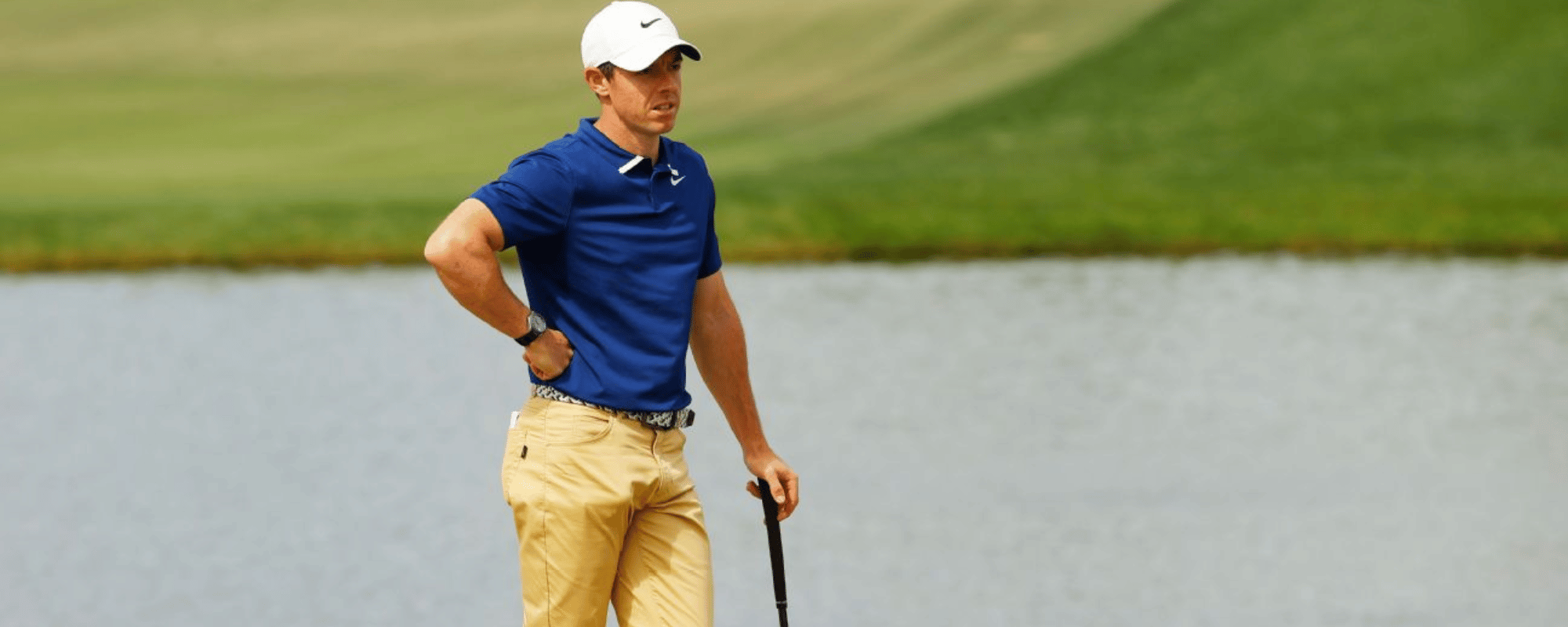
Do it with purpose
Although many of us may think about our past experiences regularly, ie through memory, ‘flashbacks’, daydreaming or reminiscing with others, the act of reflective practice is one we consciously must decide to engage in. For reflective practice to be effective and meaningful, there must be an aim or purpose.
Cropley and colleagues explain that it must be about something – an experience, and for something – such as to explore the personal meaning of that experience. Identifying a clear purpose such as the link between values and behaviours, can support a more effective reflective practice than aimlessly thinking back on past experiences, achieving no deeper understanding.
For McIlroy, it was about reflecting on what enabled him to accept he was enough and play the game as himself. “The more and more I did that and the more it feels comfortable on the course doing that, and that’s playing golf. That’s getting back to hitting shots, and when it boils down to it, that’s all you need to do out there is hit the shots. Sometimes I forgot that in a quest to try to be too perfect probably, but this week was a great reminder that you don’t need to be perfect to be a great golfer.”
Putting it into practice
Depending on the goal or the current position of the client/athlete, what we encourage the person to reflect on may vary. There are certain times when the purpose of reflection may be to develop your awareness of your current habits and behaviours. In this case we may ask questions such as
- What am I doing well?
- What did not go well for me this week?
- What one thing can I improve on in the week ahead?
As time goes on or if a client approaches us who is in a different position on their journey, the purpose of reflection may be to gain more clarity on their goal and where they are heading. The questions then may become
- What is the vision I have for myself?
- What behaviours are supporting this vision?
- Are my current behaviours and beliefs in line with this goal?
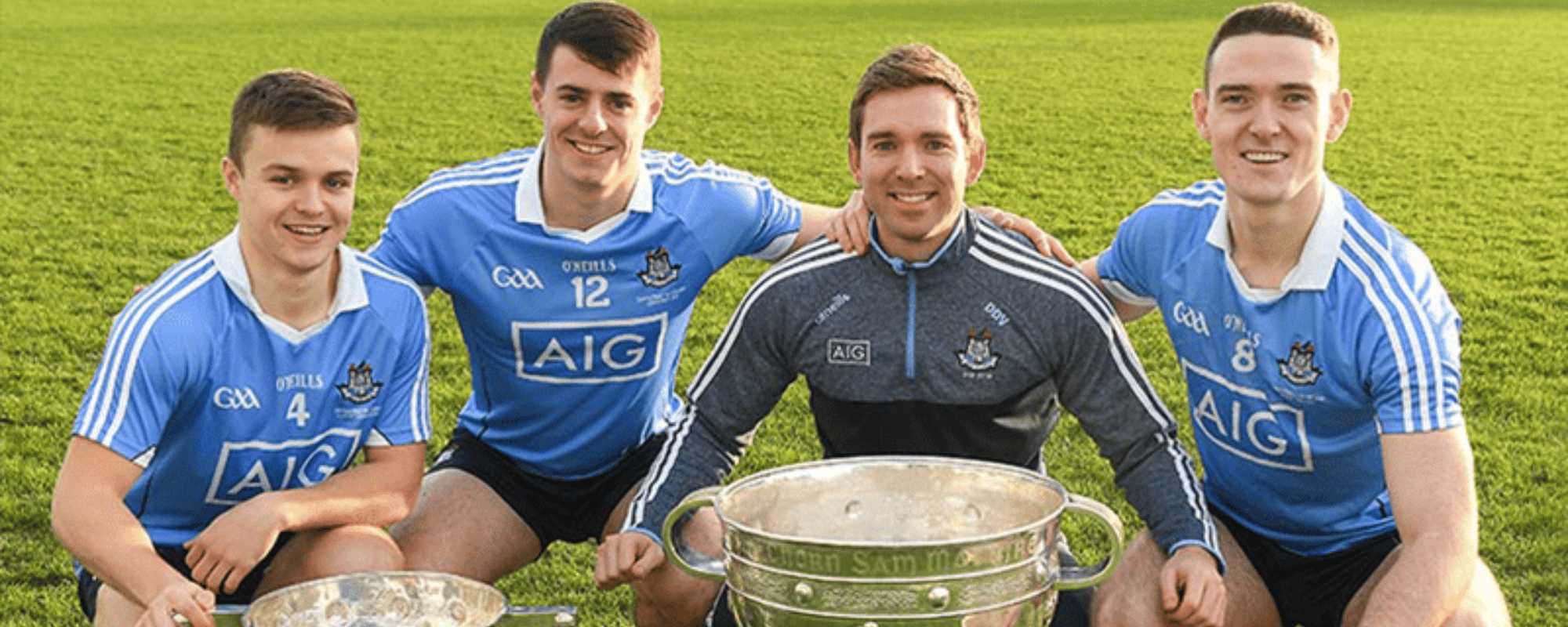
From complexities to clarity
Reflective practice can seem complex, there are so many questions we can ask and different approaches we can take to understand ourselves and our experiences on a deeper level.
There are so many aspects to each person’s personality and influential factors from even before we are born.
As described by Loretta Graziano Breuning, (Ph.D.) in this article, the brain’s neural network is predominantly formed in our early childhood, and this mental model of the world is one we attain through adulthood. Reflective practice calls on us to consider our awareness and personal perception (conditions), emotions, behaviours, interactions, our impact, and the context of a situation, allowing us to challenge this mental model of ours and question its functionality (Cropley et al., 2023).
To be effective in our reflective practice and reach that level of clarity we want, we must dig deeper to examine these factors, rather than merely thinking about what we did and what happened after that.
Putting it into practice
Get curious, dig deeper beneath the surface of actions and results, ask yourself why certain behaviours are carried out, how have they developed to be this way, what impact are those behaviours having?
Identify what your personal values and beliefs are and explore how they are influencing your decision making, reactions behaviours, and further – your relationships, performance, health and enjoyment.
This is not easy, it takes time, it might get messy in the middle and it will be uncomfortable. However, this is where real growth and awareness will prosper.
Our advice on this is to identify a simple structure and process that works for you. This will be individual to each person and what the purpose of the reflective practice is, however it should be a process that you can refer back to, time and time again to gain clarity and deepen your understanding of your actions. It may help to consult with someone you trust on this and investigate it together. More on this below.
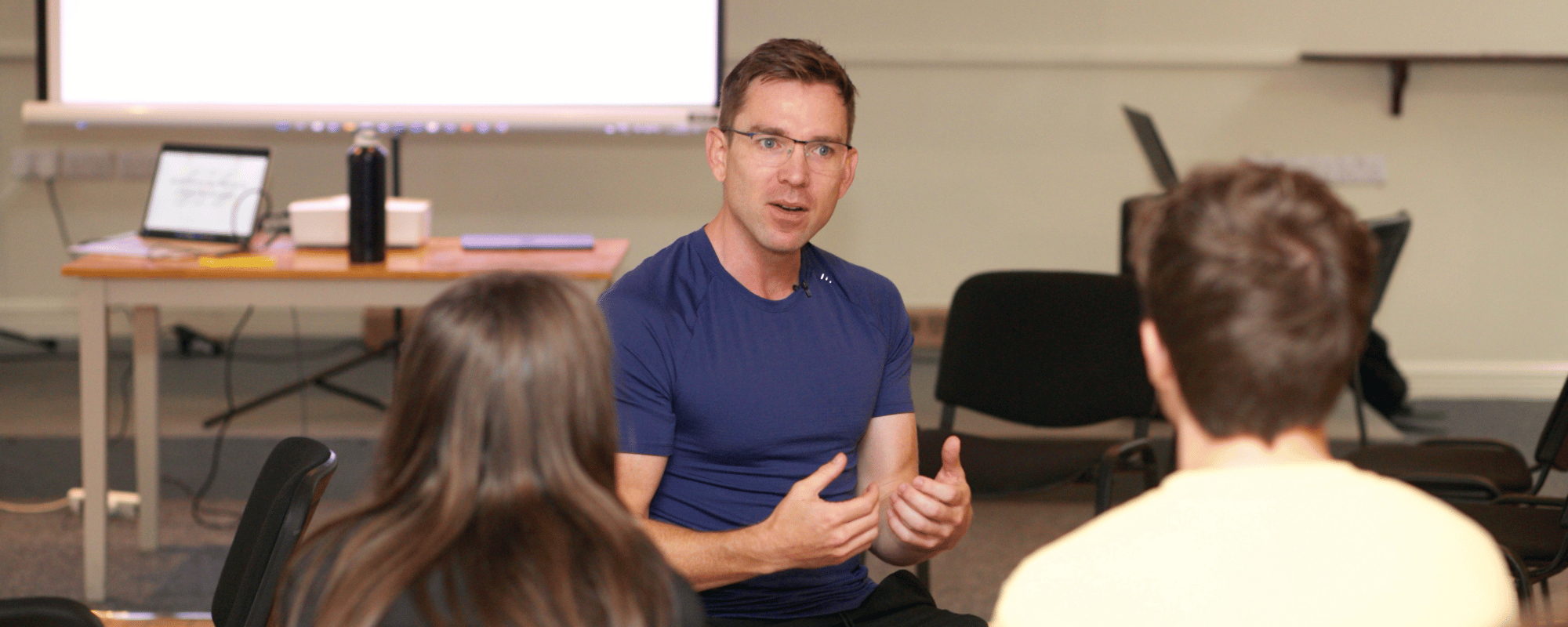
Are you asking the right question?
Thinking back on past experiences without a clear purpose or strategy, can lead to more complicated thoughts and different, perhaps untrue perceptions of our experiences.
Putting it into practice
Again, creating a process for your own reflective practice, the process may differ depending on the purpose of your reflection. Identify what questions facilitate a deeper examination, critical thinking and help to guide you towards clarity and deep understanding.
The questions should help you to identify blind spots, which are often aspects or effects of our behaviours or past experiences that are uncomfortable to consider. This is where it is useful to have another person to discuss this with, or specific questions that will draw your attention to these blind spots when you are inclined to avoid them. Again, this yields the potential for real growth and awareness to prosper.
Our approach to this is to start small, build on your knowledge and dig deeper over time. Only you can identify your blind spots, but identify a process that will hold you accountable to returning back to these in your reflective practice, be that in your own time, with a nutritionist, coach, or friend.
Recently I was faced with challenges in my own work, certain things were unclear and my mind was muddled. I was reflecting on my actions and what was going well, needed improving and what I could change, but felt things were getting more messy and unclear.
It wasn’t until I had a conversation with a friend & colleague Gemma and she asked me “What would it look like if it were to be a success?”. Simply asking a different question made me reflect on my approach practice in a different way. I began to reflect on what I expected the outcome to be and question if my process was leading me in the direction that I would consider a success.
This was a reminder to me that although I may often reflect on experiences, behaviours and outcomes, sometimes different questions are warranted to reach a new level of clarity and thought. There is always more opportunity for growth when different questions are asked, opening up a space for new ways of thinking and gaining greater understanding of your own practice.
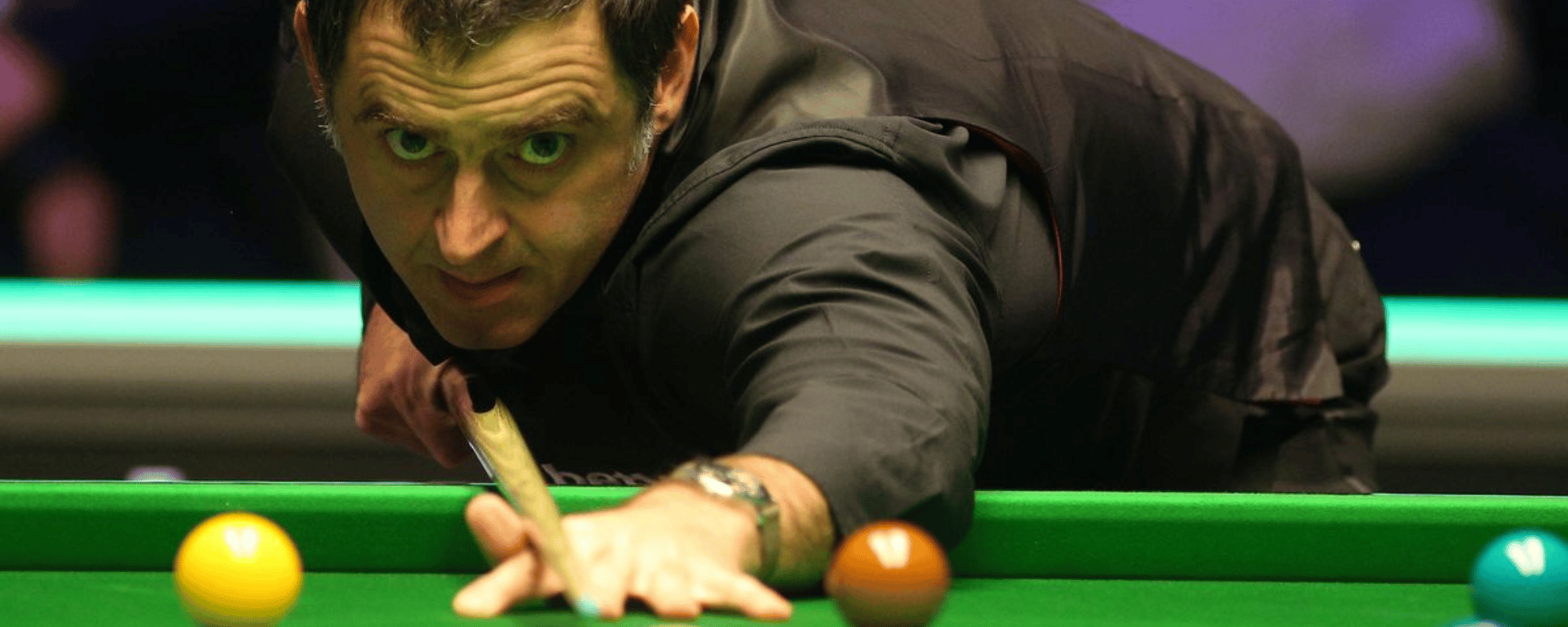
You are an agent for the change to occur
Cropley and colleagues explain this incredibly well. “Through reflective practice individuals need to consider the self as an agent of change.”
Reflective practice enables us to develop a deeper understanding of ourselves, while separating us from the personal attachment, bias and emotions towards our behaviours and experiences. They do not define you, you must be willing to separate yourself from them and see them for what they are and why they are.
For an athlete to perform at the highest level, they must understand themselves, what makes them tick, how they can feel and perform at their best, consistently. In competition, when emotions, limiting beliefs and old patterns of behaviour can get the best of an athlete, this can be detrimental to not only their performance on the day, but their career and livelihood. Take Ronnie O’Sullivan for example, although he competes at the highest level and remains the world number one snooker player since 2010, it does not come easy to him.
“I think you’ve just got to manage it and I’ve realised since 2005 that I have to see it coming. I do a diary so I can look back on it and think ,”What did I do here?”. O’Sullivan has worked with Psychiatrist Steve Peters for years and it seems that reflection is a key part of his sustained success – ‘I hit a little bad period here, because I took too much on. Sometimes I don’t spend enough time at home cooking for myself, looking after myself, spending time with my partner, seeing my children”.
He recognizes the value it has in his life “Once I’ve done all those things it builds up a shield and I’m ready to now go into that two week battle and do some graft and win this tournament and compete against the best snooker players in the world.
Listen to the full interview here – Don’t Tell Me The Score – Moderation: Ronnie O’Sullivan – BBC Sounds
Putting it into practice
Engage in deeper, more critical reflection through questioning your own practice and underlying values and beliefs. It is not a personal attack on yourself, there is no judgement involved. You are putting yourself at the centre of the reflection to understand yourself better, not the external factors such as the setting or the other people involved. This has the potential to guide you towards improved awareness and ownership of your thoughts and behaviours.
Change is the byproduct, not the goal.
The act of reflective practice enables us to understand ourselves at a deeper level, question our beliefs, values and behaviours. We may learn that certain beliefs, values or behaviours that we have acquired through our lives are not in line with the life we want for ourselves or are no longer serving us in a positive way. Every belief, value and behaviour exists for a reason, for example it is natural for an athlete to believe that they should be lean with a low body weight, given the standards set and media pressures put on them to appear a certain way. However it may be unhelpful for certain athletes such as a forward in rugby to be particularly lean and light, therefore this belief is unhelpful. It is identification of the purpose of the belief, value or behaviour and whether or not it is helpful to you that is important. This can often lead to changes in different areas of our lives as an outcome of effective reflective practice.
Putting it into practice
Have a clear focus in your reflective practice, the information you uncover and level of understanding you arrive at may allow you to make sense of your current beliefs, values and behaviours, which can affect your future decisions and actions. This may be achieved through the development of different beliefs, habits, processes and even setting different goals, having different relationships and conversations.
Take for example, in our Empower program, hundreds of people have come through this program with a specific goal such as fat loss. Reflection is a significant component of our process and so as our clients have worked through this process, they have learned to reflect on different areas of their lives, understand their values, question their beliefs and adapt their behaviours. In doing so, the focus has been on the process, the reflection and how it feels to engage in these practices. As a result, the byproduct of the program for these clients has been achieving their goal or fat loss, muscle gain, starting on their team, or a personal best marathon time are just some results that have been achieved by our clients.
“It’s on the strength of observation and reflection that one finds a way. So we must dig and delve unceasingly.” – Claude Monet.
Testimonials

“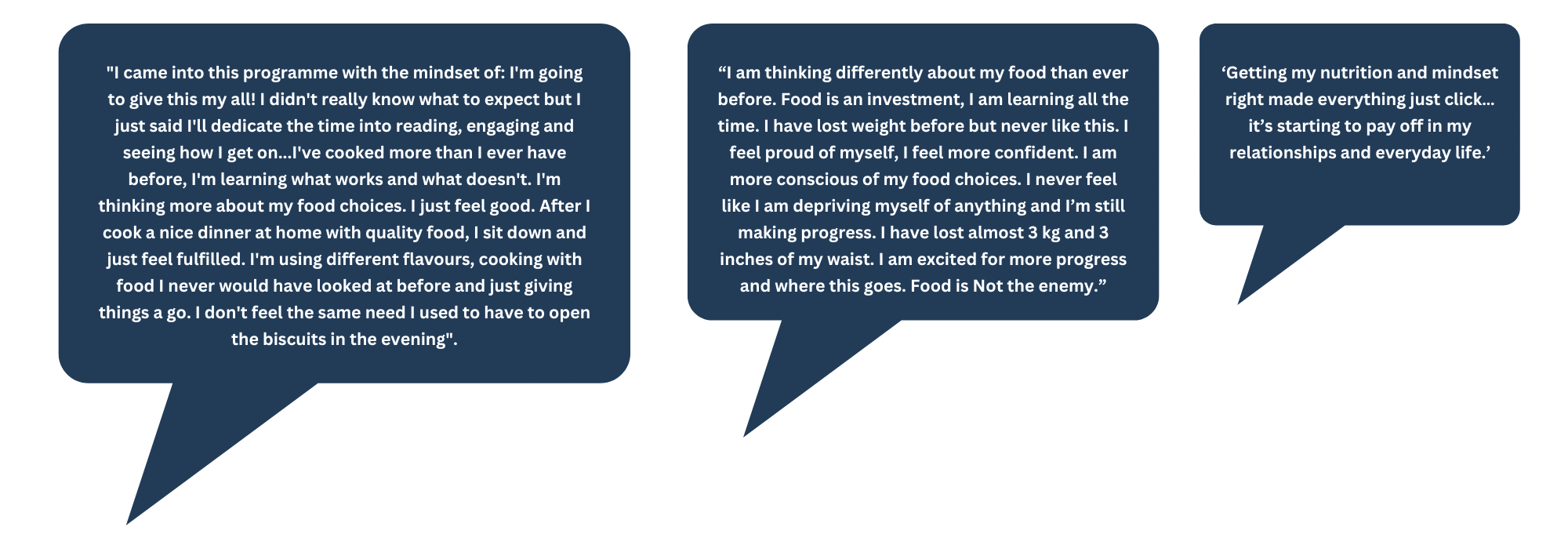
The future of nutrition and reflective practice
At daveynutrition we see the future of nutrition in a different way. We believe that nutrition and health is connected in a much deeper way than we have been led to believe in years gone by. In the past, nutrition was looked at with a superficial approach, reducing, isolating and limiting foods with the aim of identifying what foods cause ill health and what the secret to optimal health could be.
Thankfully, the depth of our knowledge is growing. We are now equipped with the foundational research to understand what our body requires in terms of energy, macronutrients, vitamins and minerals. However, the future of nutrition is so much more than that, it is so more than food!
We also see the value of focusing our attention on effective reflective practice, understanding ourselves and our clients at a deeper level and empowering them to take ownership of their own health and performance. This has been a key part of our process over the past number of years and has helped hundreds of people, from all walks of life perform better and life a healthier lifestyle. We believe that anyone can perform better and that reflective practice has the power to enable you too, to do just that.
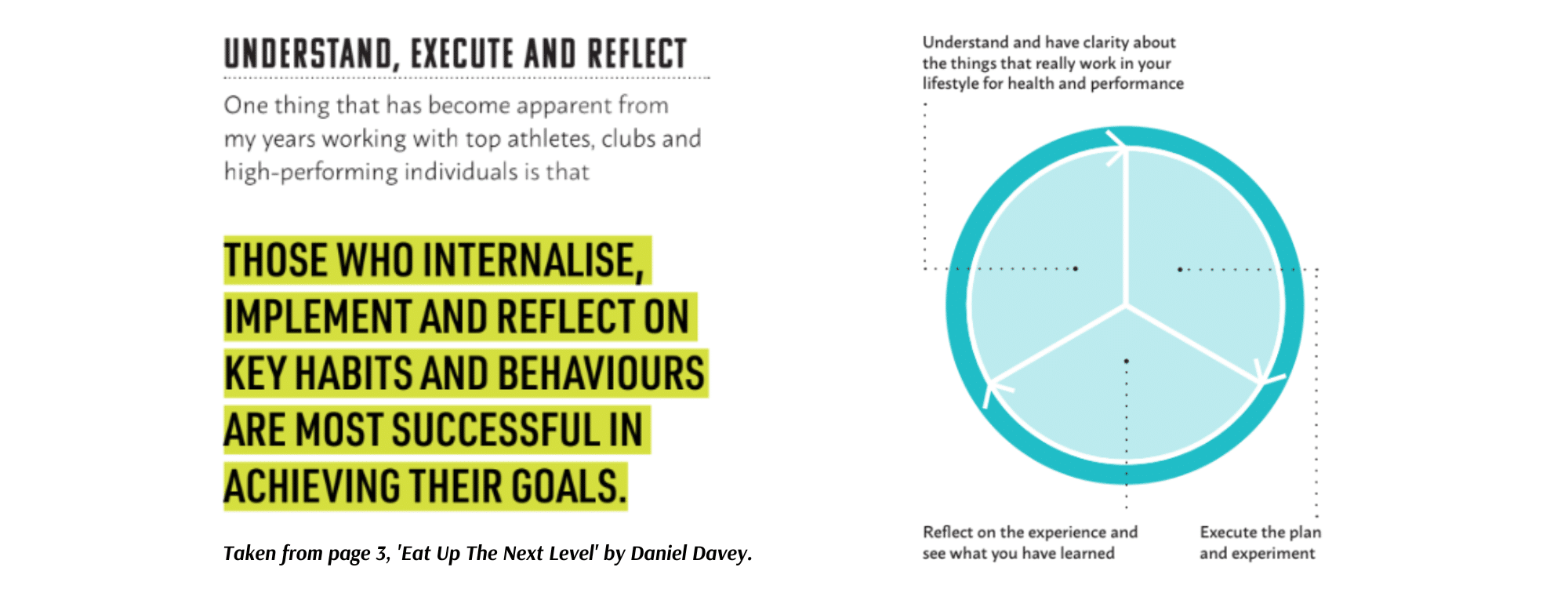 The daveynutrition System for Success
The daveynutrition System for Success
Daniel uses the understand, execute & reflect concept with each of his clients and explains it in detail in his recent book. I would encourage you to learn more about this concept and incorporate it into your own practice. This system was developed from Daniels’ work with top athletes, clubs and high-performers who internalise, implement and reflect on key habits and behaviours that are most successful in achieving their goals.
Understand and have clarity on your vision and goals
Execute the plan and experiment
Reflect on the experience and see what you learn
More on the UER system in this article Working for Success – daveynutrition or in Daniel’s recent book Eat Up The Next Level
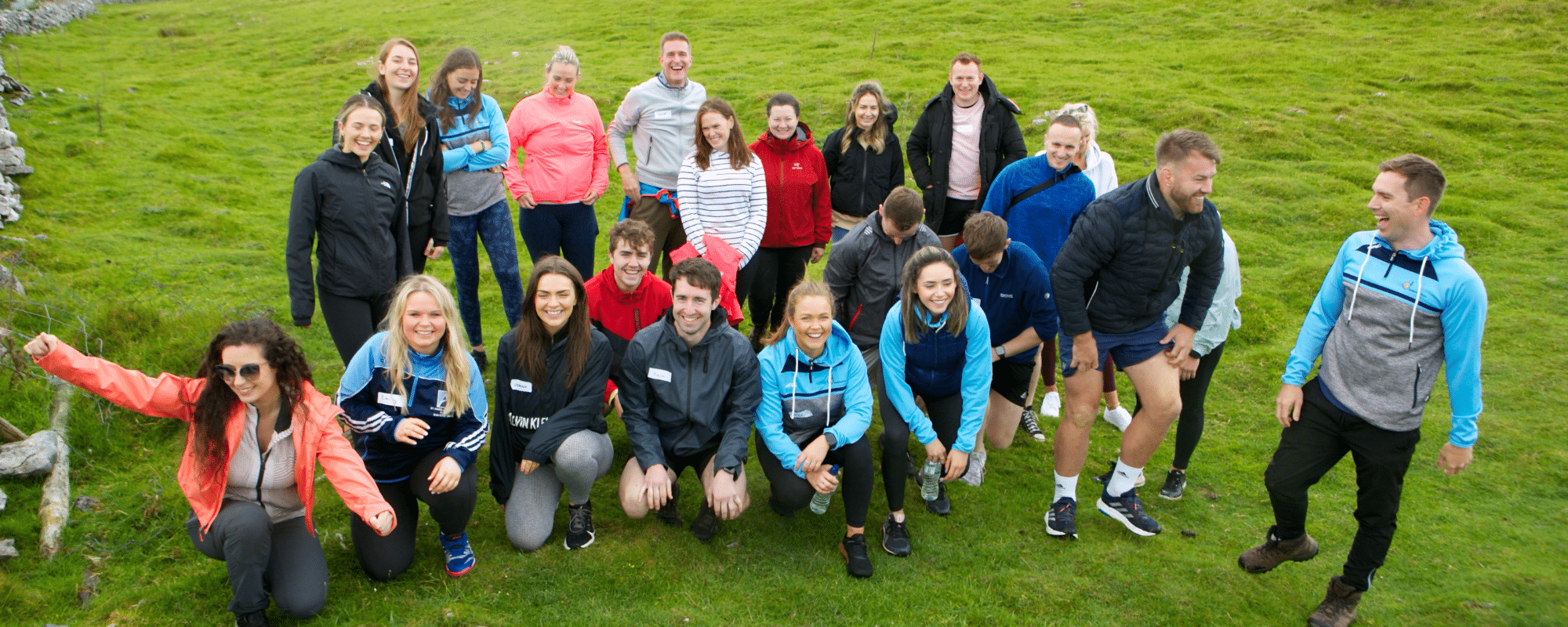
Further reading and listening
Want to know more about daveynutrition’s approach to habit reflection – What is it and why is it important?
In this article, Daniel shares his 9 key things that help to maintain his own habits and help athletes change theirs – 9 Tips for Effective Reflective Practice – daveynutrition
Read more or listen to the interview with Ronnie O’Sullivans with Simon Mundie on his career and the art of moderation
Don’t Tell Me The Score – Moderation: Ronnie O’Sullivan – BBC Sounds






